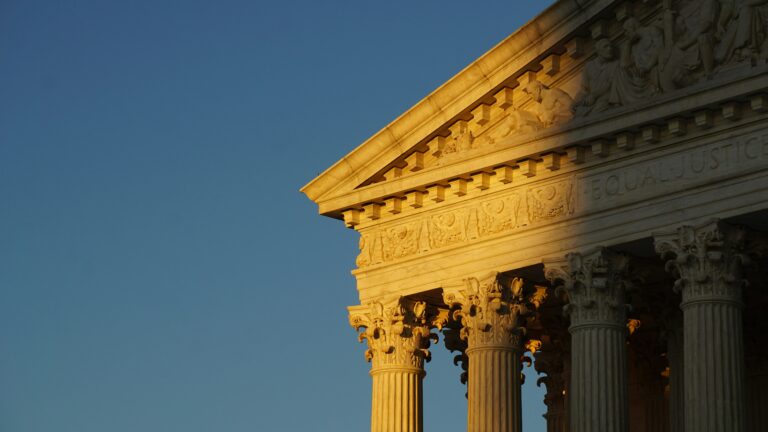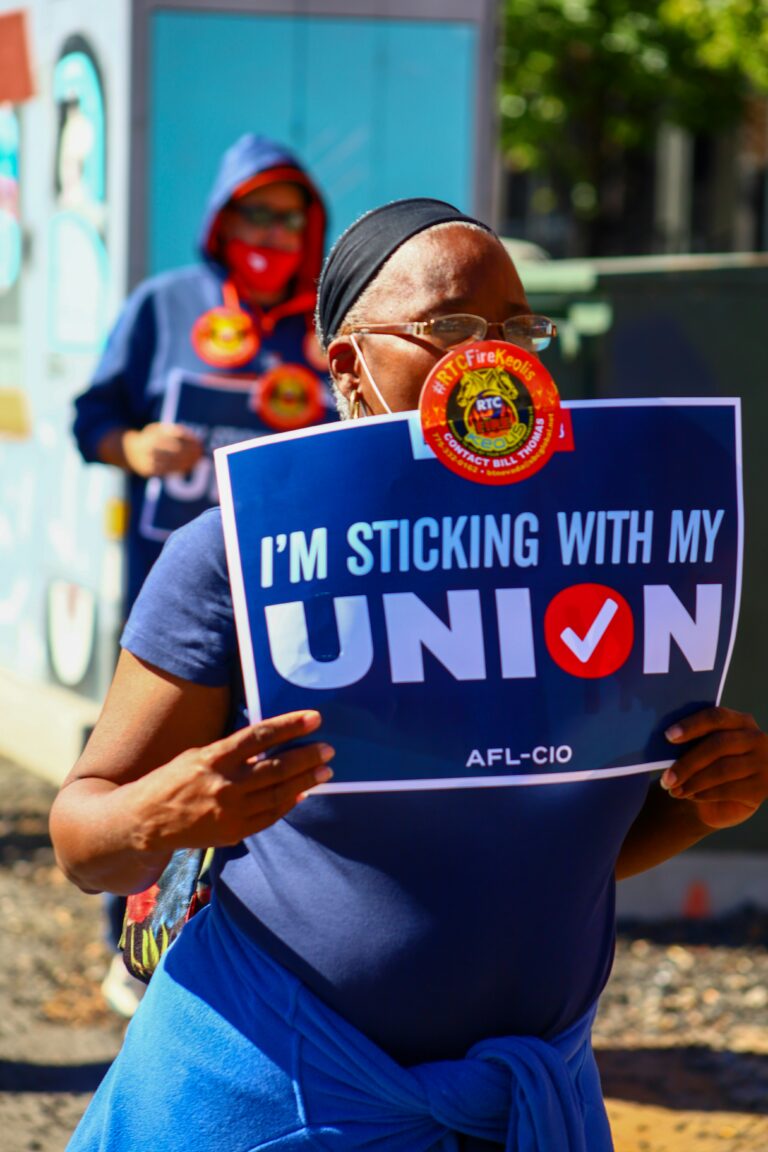Jon Weinberg is a student at Harvard Law School.
Major players in the gig economy have responded to President Donald Trump’s action to bar refugees and citizens of seven Muslim countries from entering the United States.
Most controversially, in the face of a 1-hour strike at New York’s John F. Kennedy International Airport yesterday by the union representing 19,000 New York taxi drivers in protest of Trump’s Muslim ban, Uber suspended surge pricing. In effect, Uber broke the strike despite their claim that it wasn’t their intent to do so. Both Buzzfeed and Slate report on a movement by consumers to cease using Uber and delete the application in response.
Uber also released a email sent to employees by CEO and co-founder Travis Kalanick, in which he stated Uber is “working out a process to identify…drivers [affected by Trump’s executive order] and compensate them pro bono during the next three months to help mitigate some of the financial stress and complications with supporting their families and putting food on the table.” Kalanick serves on President Trump’s business advisory group.
Uber’s chief rival Lyft, on the other hand, released a much stronger statement. Per Mashable, in an email to consumers entitled “Defending Our Values,” co-founders Logan Green and John Zimmer called Trump’s order “antithetical to both Lyft’s and the nation’s core values,” noting they stand firmly opposed to the action. Most notably, Green and Zimmer stated that Lyft is “donating $1,000,000 over the next four years to the ACLU to defend our constitution.”
Airbnb, for its part, “has offered free accommodation to people left stranded by President Donald Trump’s travel restrictions,” according to the BBC.






Daily News & Commentary
Start your day with our roundup of the latest labor developments. See all
October 24
Amazon Labor Union intervenes in NYS PERB lawsuit; a union engages in shareholder activism; and Meta lays off hundreds of risk auditing workers.
October 23
Ninth Circuit reaffirms Thryv remedies; unions oppose Elon Musk pay package; more federal workers protected from shutdown-related layoffs.
October 22
Broadway actors and producers reach a tentative labor agreement; workers at four major concert venues in Washington D.C. launch efforts to unionize; and Walmart pauses offers to job candidates requiring H-1B visas.
October 21
Some workers are exempt from Trump’s new $100,000 H1-B visa fee; Amazon driver alleges the EEOC violated mandate by dropping a disparate-impact investigation; Eighth Circuit revived bank employee’s First Amendment retaliation claims over school mask-mandate.
October 20
Supreme Court won't review SpaceX decision, courts uphold worker-friendly interpretation of EFAA, EEOC focuses on opioid-related discrimination.
October 19
DOL issues a new wage rule for H-2A workers, Gov. Newsom vetoes a bill that regulates employers’ use of AI, and Broadway workers and management reach a tentative deal